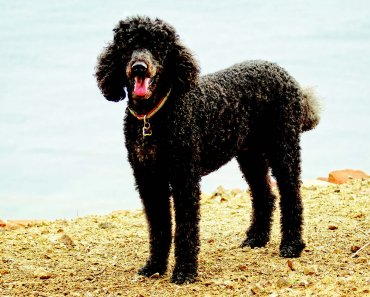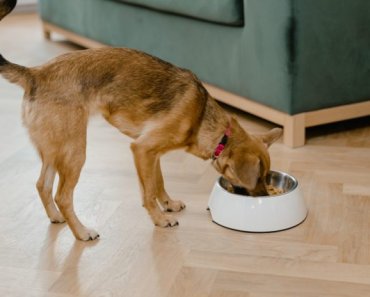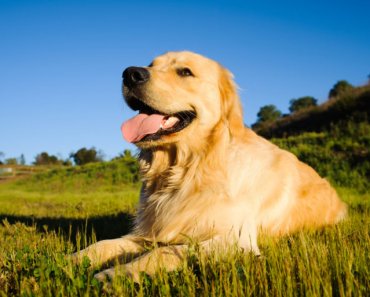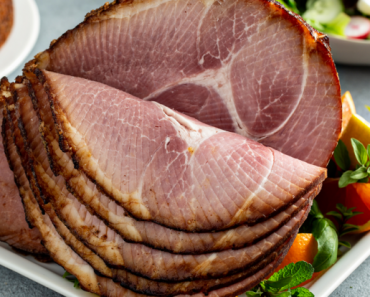Whether your dog or cat is a youngster or a senior, or anything in between, regular dental care throughout his life is vital for maintaining strong teeth and gums, and preventing painful problems.
Dental disease is one of the most common problems in our dogs and cats. It’s also one of the easier conditions to prevent or minimize, although it requires regular and consistent dental care throughout the animal’s life. This article offers an integrative approach to canine and feline dental care, from babyhood to the senior years.
Start Young — Dental Care for Puppies and Kittens
Puppies and kittens are born without teeth, but have a full set of baby teeth by the time they are ready to leave their mothers. When the animal is around three months old, these baby teeth fall out and are replaced by bigger, stronger adult teeth.
 By 16 weeks, adult teeth have all erupted, and the baby teeth should all be gone. Occasionally, though, the baby teeth stay too. This happens most often with the canine teeth of small dogs. When you look in the dog’s mouth, you will see a smaller baby tooth touching the larger adult one. If this baby tooth is not removed, hair and food can get wedged between the two teeth.
By 16 weeks, adult teeth have all erupted, and the baby teeth should all be gone. Occasionally, though, the baby teeth stay too. This happens most often with the canine teeth of small dogs. When you look in the dog’s mouth, you will see a smaller baby tooth touching the larger adult one. If this baby tooth is not removed, hair and food can get wedged between the two teeth.
Try wiggling the baby tooth — if it is loose, give the dog a small Kong or other chew toy, or a raw chicken wing (only for the small guys) to chew on, to help loosen it enough to come out. If the tooth is wedged in the mouth and does not move at all, it usually needs to be removed under anesthesia. Your veterinarian can let you know whether this will be necessary. It can be done at the same time the puppy is spayed or neutered.
All puppies and kittens should get used to having their teeth brushed at least once a day. Don’t wait until they are adults — if you do, it can become a wrestling match. If you start slowly and gently, they will expect it as part of their daily routine.
1. In the beginning, gently rub the gums and teeth with your moistened finger. You can also use a little pet toothpaste, to show them that this is just another way of giving them a good-tasting treat.
Be sure to use toothpaste specifically designed for a cat or dog. Human toothpaste has fluoride, which is poisonous if swallowed, often along with a strong minty flavor that animals don’t like. Toothpaste made for animals is designed to be swallowed safely, with flavors that dogs and cats like. While baking soda can also be used, you’re trying to give your puppy or kitten something yummy to make teeth-cleaning a happy time.
2. The next step is to use a soft finger brush, which fits over the end of your finger, to get your youngster used to the feel of a toothbrush. Always be very gentle, and again, use some pet toothpaste. Since you are trying to make this a fun event, start with a brief brushing and gradually increase the length of time you spend brushing.
get your youngster used to the feel of a toothbrush. Always be very gentle, and again, use some pet toothpaste. Since you are trying to make this a fun event, start with a brief brushing and gradually increase the length of time you spend brushing.
3. Although you can continue using the finger brush, many people prefer to graduate to a regular soft toothbrush. Use one designed for a dog or cat, not a human — it will fit in the animal’s mouth better.
4. You can also use other dental care products to help prevent plaque, including dental gels, powders, rinses, supplements, and oral solutions added to the water. Dental chews, toys designed for safe chewing (like Kongs), and crunchy dental treats are also available to help fight tooth and gum disease.
DID YOU KNOW? An important part of all healthcare, including dental care, is a good, healthy diet made with nutritious whole foods. It contributes to the formation of healthy teeth in puppies and kittens, and keeps the immune system strong to help fight bacteria in the mouth. Start your youngster on such a diet as soon as possible.
Healthy Mouths for Adult Animals — Including Rescues
As your dog or cat grows into an adult, it’s important to continue with the dental care regime you began when she was a puppy or kitten, along with regular veterinary exams. Animals that are adopted or rescued when they’re adults, however, may never have been anywhere near a toothbrush in their lives before they come to live with you. These dogs and cats may also be very head-shy, depending on their former lives, and might need to have their teeth cleaned by a veterinarian.
Bad breath in an adult dog or cat is almost always caused by gum disease, tartar buildup, or both. Sometimes, it’s also caused by a broken or abscessed tooth (the pain from this is another cause of head-shyness). You might notice drooling, with blood in the saliva. All these are problems for a veterinarian to solve.
 Veterinarians can clean the teeth and spot gum disease and broken teeth. Abscesses can be harder to diagnose unless an x-ray is taken. Board certified veterinary dentists are skilled in more advanced dentistry such as root canals and crowns. If you practice good preventive care, and if your dog is not a rock-chewer, you most likely will not have to see a specialist. But if you rescue animals, or have a dog who seems dedicated to destroying his own teeth, you may need one.
Veterinarians can clean the teeth and spot gum disease and broken teeth. Abscesses can be harder to diagnose unless an x-ray is taken. Board certified veterinary dentists are skilled in more advanced dentistry such as root canals and crowns. If you practice good preventive care, and if your dog is not a rock-chewer, you most likely will not have to see a specialist. But if you rescue animals, or have a dog who seems dedicated to destroying his own teeth, you may need one.
If your animal has healthy teeth and gums but is head-shy, you might have to rely on chews and supplements to help clean her teeth, without the tooth brushing. However, a good animal behaviorist might be able to change her mind about having her teeth brushed.
The Golden Years — Caring for Your Senior’s Teeth
Seniors often have more dental disease than younger animals, and tend to need more professional oral care. Their diets may have to change due to chronic disease, and some of these foods may not help the teeth as much as their former diets did. Additionally, the immune systems of older dogs and cats do not work as well as in younger animals, so periodontitis and mouth tumors are more likely to occur.
Continuing with a good home dental care regimen into a dog or cat’s senior years can help reduce age-related problems and is an important part of overall healthcare.
By looking after your dog or cat’s teeth at home, whether he comes to you as a youngster or an adult, you can prevent or minimize issues like gingivitis, tartar buildup, gum infections and tooth abscesses, as well as bad breath. Remember that bacteria from the mouth can get into the circulation and cause problems in other areas of the body, such as the kidneys or joints, so when you care for your animal’s teeth properly, you are also caring for his general health and well-being.





























